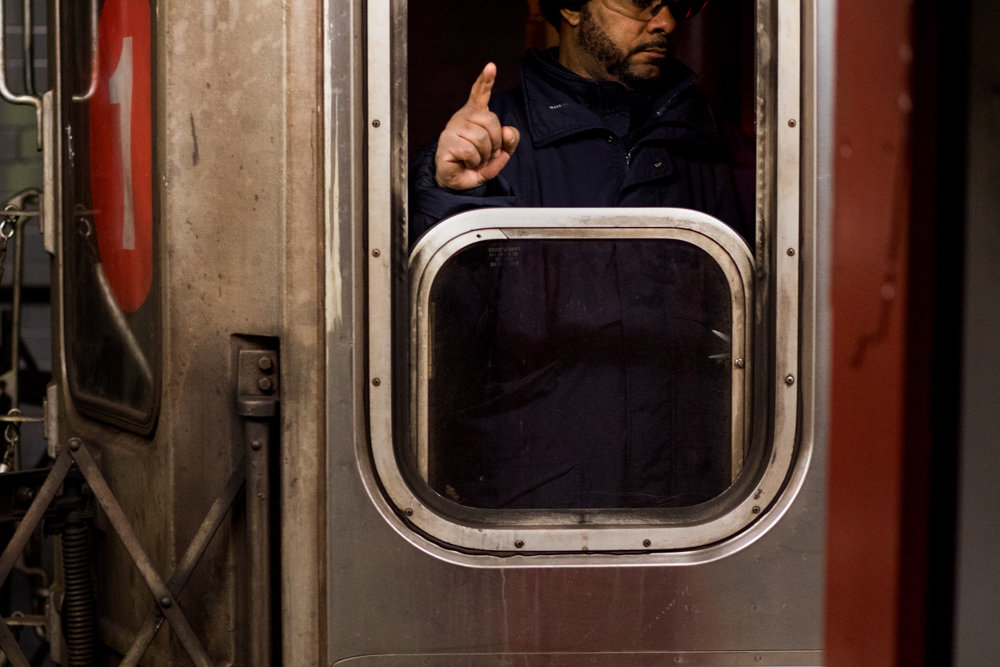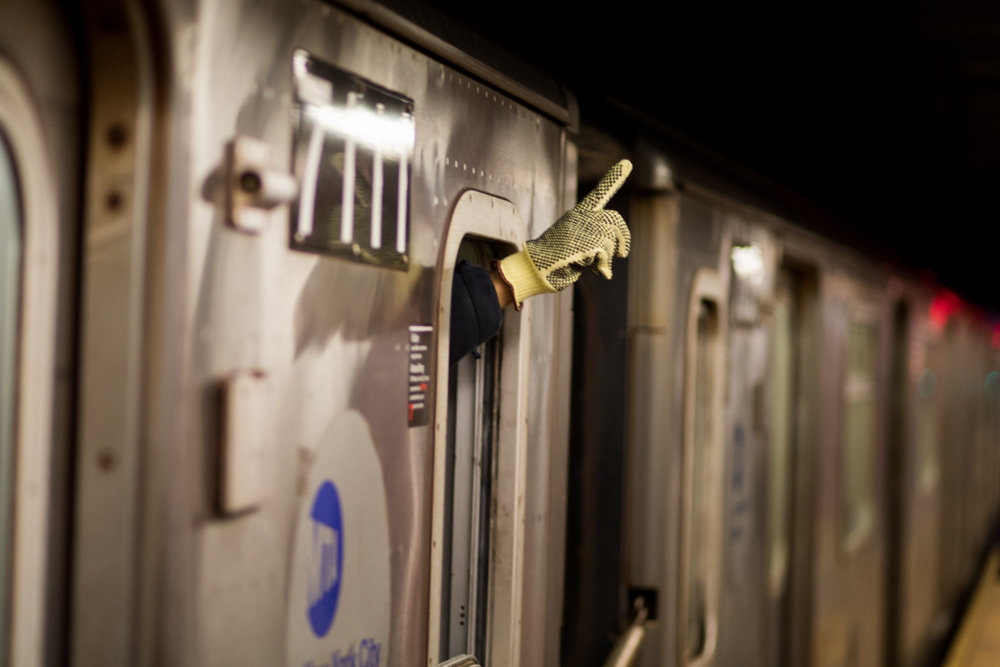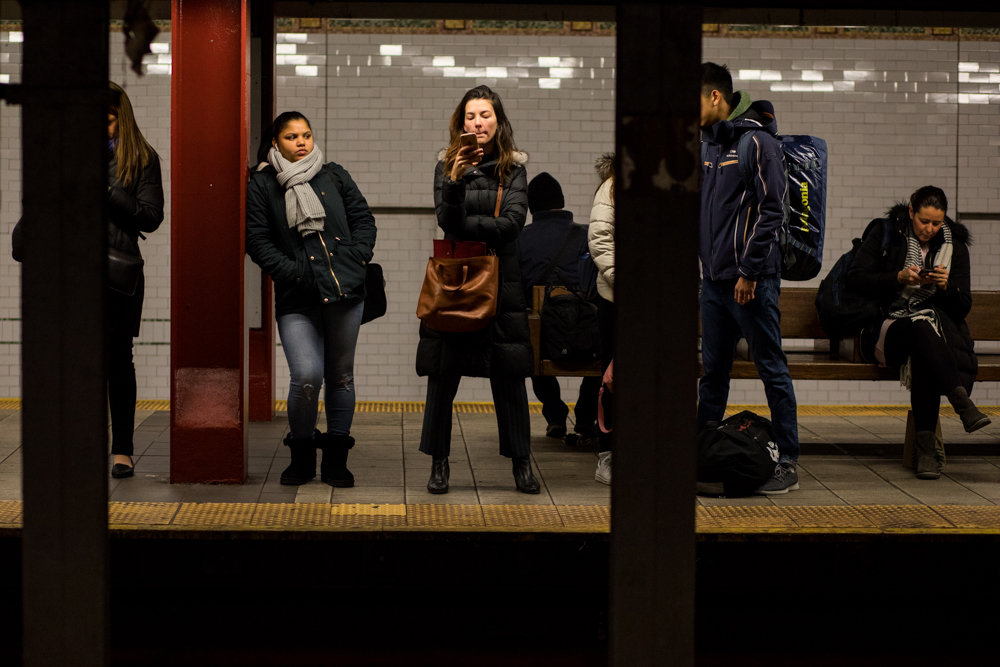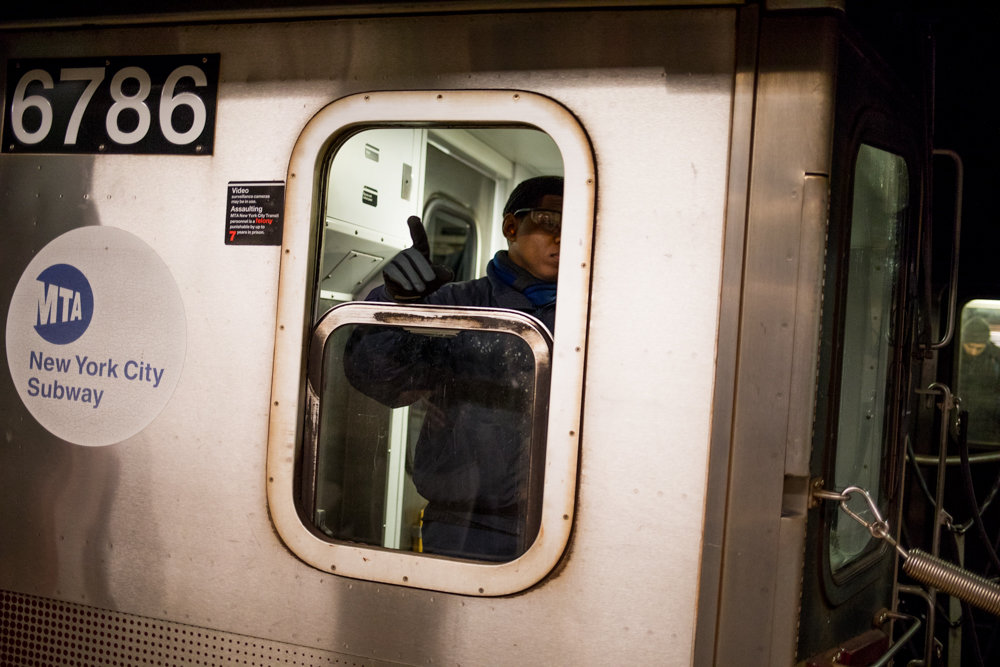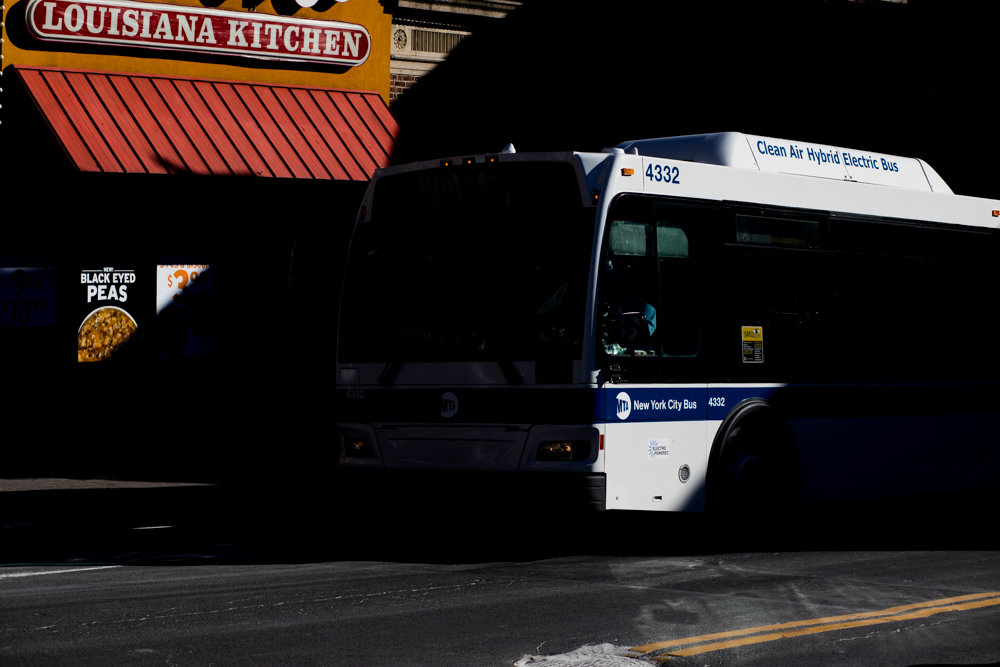Federal shutdown threatens struggling MTA
Barring a speedy resolution to an increasingly harrowing deadlock as Congress and President Donald Trump negotiate over government funding, the already imperiled Metropolitan Transportation Authority could face what the U.S. Senate minority leader described as some very tough choices.
But it’s still not so clear what that might actually mean.
U.S. Sen. Charles Schumer says he’s gunning to reopen the government as soon as possible because the shutdown is dealing a devastating blow to airports, schools, drinking water, tax refund checks and the state’s economy. A third of the state’s federal work force — more than 16,000 people — is feeling pain, Schumer said, while demanding back pay for all.
Meanwhile, 450,000 people are currently working without pay, with another 380,000 furloughed across the United States.
State impacts of shutdown
“Sometimes when we talk about the ‘big picture’ — what’s happening at the national level with cabinet departments and federal agencies and furloughs and funding levels — you might not realize that this Trump shutdown is affecting all sorts of everyday folks here in New York,” Schumer said, in a release.
But particularly concerning is the fact specific agencies, from the Transportation Security Administration to the U.S. Census Bureau, can’t serve the state’s residents, travelers and visitors as they should, Schumer said, posing risks at airports, threats to school programs, and jeopardizing IRS tax refunds.
And the MTA is no exception. Every month, the authority receives anywhere from $130 million to $170 million in reimbursements from the Federal Transit Administration, Schumer said. It’s estimated the MTA can go between four and six weeks without those funds, but after that the agency will be forced to make “hard choices” that could potentially hurt commuters.
The MTA — which already “has enough trouble, Lord knows,” Schumer told The Riverdale Press — can last about a month longer, although he did not elaborate on what “hard choices” might mean. “But after that, they got real trouble. They may have to borrow, which would increase their costs. Then they would have to cut back, which would be a very bad thing.”
“The government shutdown will continue to get worse and worse,” Schumer added.
And possibly even worse, with potentially more catastrophic consequences beyond the very real plights afflicting everyday straphangers. That’s because the National Transportation Safety Board — which sends inspectors to New York any time there’s a major accident on the state’s roads or railways — basically “aren’t working right now,” Schumer said. In fact, only 27 of their 401 employees are not furloughed, leaving them egregiously under-staffed to address devastating derailments like the one in Spuyten Duyvil that killed four passengers in 2013.
Making existing problems worse
Yet, it’s no secret the MTA already is facing a budget crisis of arguably colossal proportions. Even before the partial shutdown, the MTA said it could face growing budget deficits of nearly $1 billion by 2022 — even if it implements fare hikes over the next few years, according to published reports. Last November, the agency announced a couple of options for potential fair and toll increases, to the chagrin of already underserved riders. Meanwhile, projections for passenger revenue have dropped by $485 million through 2022, when the agency’s debt is anticipated to exceed $42 billion.
The significant federal cash influx MTA stands poised to lose in the event of an uninterrupted shutdown helps pay for train cars, track work and big projects like the Second Avenue Subway, according to reports.
MTA passed a $17 billion budget for 2019 last month — one that counted on a net 4 percent fare hike this year — although many board members, Gov. Andrew Cuomo, and even Larry Schwartz — head of the finance committee — aren’t certain fare increases would be best for riders, according to reports.
But MTA board member Charles Moerdler stressed questions about how a temporary halt of federal reimbursements could affect riders really depends on how long the partial shutdown actually lasts.
“It’s really very speculative that (the shutdown) could last that long,” Moerdler said. “We frequently have issues where there are delays in receiving monies from one source or another.”
But even when the bundle is slow to arrive, it’s not the end of the world.
“There are a number of reserves that are available,” Moerdler said, as well as credit lines that tend to come in handy in such straits.
“I cannot conceive that there aren’t a number of plans already to deal with this.”
So long, that is, as the shutdown doesn’t drag on.
Until the MTA takes a vote on fare hikes — scheduled for this month — the budget in place now makes “various assumptions,” Moerdler said, and nothing’s set in stone quite yet. And as for the up to $170 million in monthly federal funds the MTA typically receives, Moerdler claims those numbers need context.
“You cannot look at this as an isolated factor at any point,” Moerdler said, although “They are serious numbers. They are part of the budget. But there are a whole range of other issues to look at.”
Like fare evasion, which costs MTA $215 million a year, according to The Wall Street Journal.
An unpredictable future
The MTA itself had little to say on what Schumer could’ve meant by “hard choices,” what impact not getting those federal dollars could have on riders, or whether MTA would ever get the money back, referring a reporter to a statement from spokesman Shams Tarek.
“A prolonged federal government shutdown would be bad news for customers and the MTA,” Tarek said in the statement, while lauding Schumer “for his leadership in fighting to stop it.”
All the uncertainty — and the already subpar train and bus service — probably is enough to leave some riders a bit distressed, since any end to the partial shutdown seems to be nowhere near.
But keep the faith, Schumer said.
“Hopefully, by bringing light to the ways in which our airports, our schools, our water and even our tax refunds are impacted, we can send a strong message to the president to do the right things and open the government back up,” Schumer said. “Families are hurting for no good reason across the county and here in New York, plain and simple.”

